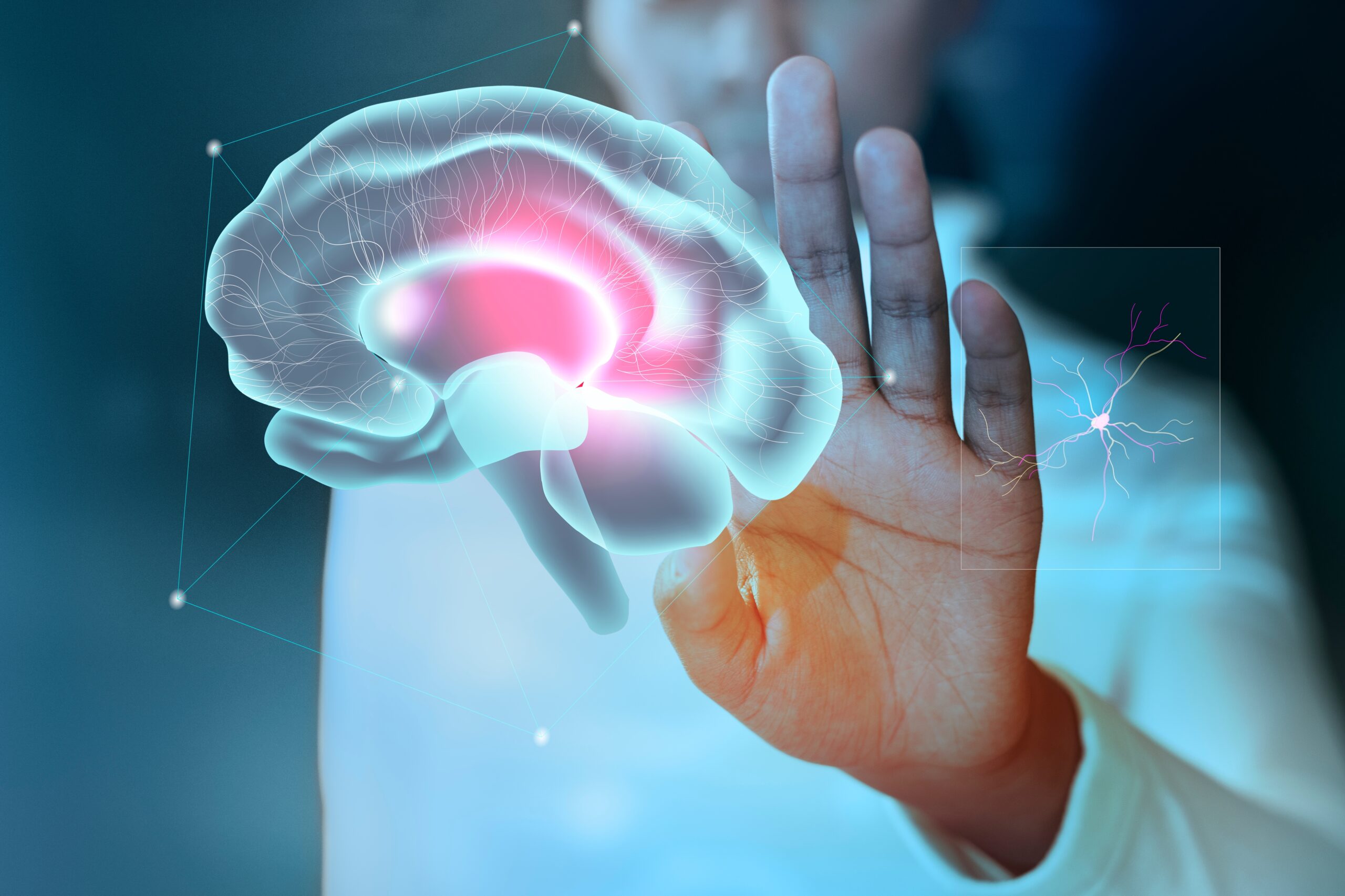Screening tests and devices for mental health assessments are useful for building up a patient’s pattern and screen manifestations, advancement, or decompensation through treatment and care. Screenings and mental health assessment tools help with affirming an issue and precluding different concerns; hence, normalized clinical rating scales are vital with persistent diseases:
1. Alzheimer’s Disease:
Mini Status Exams/MMSE (cons: may not get on little intellectual decrease changes/questions are excessively explicit).
2. VAMC SLUMS Examination:
The Saint Louis University Mental Status Examination (SLUMS) is a strategy for evaluating Alzheimer’s and different sorts of dementia. It was planned as an elective screening test for the broadly utilized Mini-Mental State Examination (MMSE). (cons: perhaps socially one-sided; need to accept the patient understands what a “stockbroker” is and the fantasy of “Jack and Jill”).
3. Montreal Cognitive Assessment (MOCA):
More broad, less one-sided, and can follow what piece of the cerebrum is influenced. You can also be enlisted on the site to discover a MOCA test explicitly for your patient culture/language. As per alz.org, don’t begin treating gentle neurocognitive issues (beforehand gentle psychological weakness)/ADLS not influenced. Repeat MOCA/SLUMS at regular six months intervals.
4. ADHD:
Vanderbilt Questionnaire–free and for guardians and educators. Additional screenings include:
Conner’s Parent-Teacher Rating Scale, Barkley Home Situations Questionnaire, and Wender Utah dysregulation (grown-ups) These apparatuses are patent.
There are other ways of identifying ADHD manifestations, such as:
- Ecological elements
- Hereditary qualities
- Dysregulation of dopamine in the prefrontal cortex/basal ganglia
- Norepinephrine insufficiencies
- Screening devices useful for following the seriousness
- Checking hearing and vision is must as well.
5. Anxiety:
Generalized Anxiety Disorder Scale (GAD-7) This is a 7-question device that can help you start to investigate whether the sentiments, musings, or practices the customer might be encountering are tension. It can likewise help you screen the seriousness and reaction to treatment.
6. Depression:
Patient Health Questionnaire (PHQ-9) This is a straightforward 9-question instrument that can help you start to investigate whether the emotions, musings, or practices could be wretchedness. Similarly, it can help you screen the seriousness and reaction to treatment.
7. Delirium Assessment:
The Confusion Assessment Method (CAM)is a normalized proof-based device that enables clinicians to distinguish and perceive wooziness rapidly and precisely in clinical and exploration settings. The CAM incorporates four highlights found to have the best capacity to recognize insanity from different kinds of intellectual disability.
8. A sleeping disorder Severity Index:
It is a 7-question instrument that surveys current resting propensities and issues identified with rest. It can help you investigate the job that rest and potential rest issues play in everyday life.
9. Sleep Assessment Questionnaire (SAQ):
It is a 6-question apparatus that can help you monitor the measure of rest you get every day, just as your tiredness for the day.
Substance Use:
CAGE: An instrument for evaluating the indications of substance misuse. It is a basic 4-question device that can assist you with deciding signs of substance misuse or reliance.
Different Measures to Consider:
- BPRS (every year): The Brief Psychiatric Rating Scale (BPRS) is one of a few devices that help specialists study individuals with schizophrenia and related crazy problems. They use it to follow changes in indications over the long haul- WebMD
- FEPS-FS (annually): The First Episode Psychosis Services Fidelity Scale (FEPS-FS) is a mental administrations rating scale that has been created to evaluate how much First Episode Psychosis Services (FEPS) conveys proof-based practices. – Univ. of Calgary
- MIRECC GAF (quarterly): The MIRECC GAF estimates word-related working, social working, and manifestation seriousness on three subscales for schizophrenic ailments. – U.S. Veterans
- PANSS (yearly): The Positive and Negative Syndrome Scale (PANSS™) depends on discoveries that schizophrenia contains, in any event, two certain disorders: the positive condition, comprising gainful indications, and the negative disorder, comprising deficiency highlights. It is helpful when creating treatment plans since you can zero in on the manifestations the patient is encountering. – MHS evaluations
- SCID (pattern): Babies brought into the world with Severe Combined Immunodeficiency (SCID) seem typical upon entering the world yet can’t battle the disease. They may kick the bucket before one year old enough without clinical treatment. On the off chance that SCID is analyzed right off the bat throughout everyday life, a bone marrow relocation can effectively treat the problem before starting the disease. – CDC
- WHODAS 2.0 (a half year): A conventional evaluation instrument for wellbeing and incapacity. – WHO
Extra Screening Tools.
Screening apparatuses give clinicians a specific language and target metric. In addition, it fittingly works as a feature of a more extensive evaluation. They provide a steady way to deal with testing for the presence or nonattendance of a problem and assist patients with accepting powerful treatment.
These self-reports are delicate and research support. The conventional estimates cover an expansive scope of mental or substance use orders. On the other hand, detailed assessments focus on a specific issue.
- Changed Mini Screen (MMS) — A self-report measure that quickly evaluates for present disposition, uneasiness, and insane range problems
- Emotional wellbeing Screening Form III (MHSF III) — A self-report measure that covers a scope of problems
- Enclosure Adapted to Include Drugs (CAGE-AID) — A delicate screen for liquor and addictions to drugs.
- Straightforward Screening Instrument for Alcohol and Other Drugs (SSI-AOD) — A screen that is more explicit than the CAGE-AID
Explicit Measures.
- A community for Epidemiologic Studies Depression Scale (CES-D) — A twenty-thing poll about burdensome side effects.
- PTSD Checklist (PCL) — A plan for surveying manifestations due to a horrible mishap.
- Social Interaction Anxiety Scale (SIAS) — A self-report measure in which respondents rate their misery about explicit social connections.
